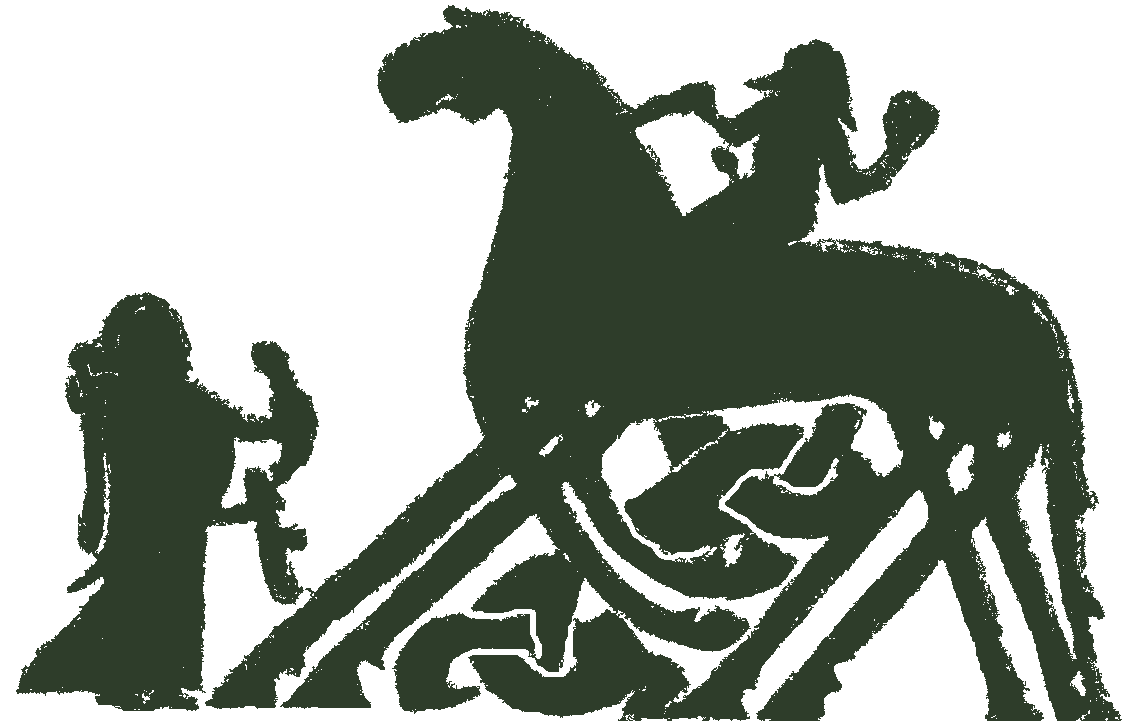in progress
text
Skm ch. 52b
52b. Grottasöngr
Því er gull kallat mjöl Fróða... | Why is gold called Frodi's me... |
[status: unverified copy]
commentary
context
Skáldskaparmál, which is part of Snorra Edda, was composed in Iceland in the 13th century, and holds the stories of many of the Pre-Christian myths of northern Europe. It is believed to have been composed by the Icelander Snorri Sturlusson. Snorra Edda consists of three separate parts, Gylfaginning, Skaldskápamál and Háttatal, all functioning together as a greater work and guide for the aspiring medieval poet and storyteller.
commentary
ON: Grottasöngr, EN: the lay of Grotti’s mill, is an eddic lay which is found only in two versions of Snorris Skáldskaparmál of the 13th century, but not found in Codex Regius. However, kennings used in skaldic poetry shows that the lay was known in 10th century (Gold=Froði’s flour). They story describes the two slave women Fenja and Menja who are held by King Froði, the ancient king of Lejre, to mill and create whatever the king desired. Eventually, the females, in their rage and despair, creates fire, weapons and an army, destroys the mill and brings down the king and his rule. The tale as presented by Snorri shows European connections to the fairy-tales of wishing mills.
For more, se for example:
Simek, R. (2007), Transl: Angela Hall. Dictionary of Northern Mythology. Cambridge: D.S. Brewer. pp. 120-121.
(Contributed by Liv Marit Aurdal.)
tags
Main text: Skáldskaparmál
Attributes: Mythological battle myth Female Sacral kingship Battle Gold Fróðafriðr Giants Giantess Death Female beings VB Sea Creation
Named things:
Text sections: SnSt, Skm ch. 52b
